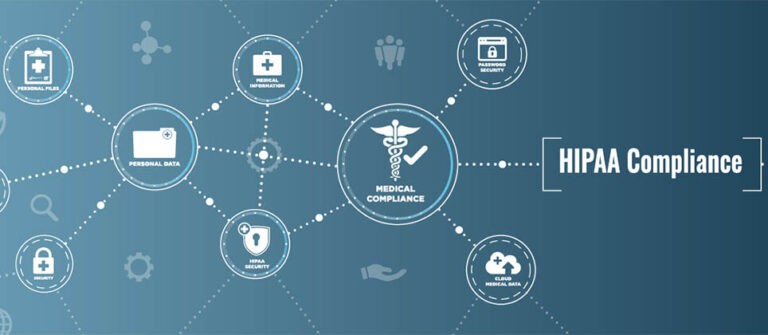IGEL Blog

Strengthening Cybersecurity in Healthcare
On December 27, 2024, the U.S. Department of Health and Human Services (HHS), via its Office for Civil Rights (OCR), issued a Notice of Proposed Rulemaking (NPRM) aimed at updating the HIPAA Security Rule to combat rising cybersecurity threats. These proposed changes directly impact how healthcare organizations protect electronic protected health information (ePHI) and respond to cyber incidents.
The public comment period closed on March 7, 2025, with more than 4,000 responses. As healthcare IT teams await the final ruling, now is the time to strengthen endpoint security strategies—not just for compliance, but to ensure operational resilience in an increasingly hostile threat landscape.
HIPAA’s Modernized Security Expectations
The proposed updates reflect the realities of today’s cyber environment and push healthcare providers, payers, and business associates toward more prescriptive security controls, including:
- 72-hour system restoration for impacted ePHI environments
- Mandatory Multi-Factor Authentication (MFA)
- Data encryption at rest and in transit
- Comprehensive security policy documentation
- Annual asset inventories and network mapping
- Ongoing risk analysis and incident response readiness
How IGEL Helps Healthcare Meet HIPAA Security Requirements
IGEL’s Preventative Security Model (PSM) supports Zero Trust architecture and goes beyond traditional antivirus or EDR approaches. Here’s how IGEL helps organizations stay secure and compliant with the proposed HIPAA Security Rule:
| Capability | IGEL Key Benefits for HIPAA Compliance |
| 1. Read-Only OS Prevents Malware Execution |
|
| 2. Zero Trust Framework & Secure Identity Access |
|
| 3. Audit-Ready Compliance with Centralized Management |
|
| 4. Built-in MFA & Biometric Access |
|
| 5. Full Encryption & Secure Remote Access |
|
| 6. Rapid Disaster Recovery |
|
| 7. Cost-Effective, Sustainable Security |
|
Final Thoughts
The proposed HIPAA Security Rule changes will require healthcare organizations to adopt more proactive, tech-forward endpoint strategies. IGEL’s secure OS and management ecosystem are purpose-built to meet these demands—minimizing cyber risk while optimizing cost and compliance.
Take Action Now
Ready to align your endpoint strategy with HIPAA’s proposed security rules?
Contact IGEL to explore how our solutions can future-proof your compliance, recovery, and security posture—without needing to replace your hardware.


